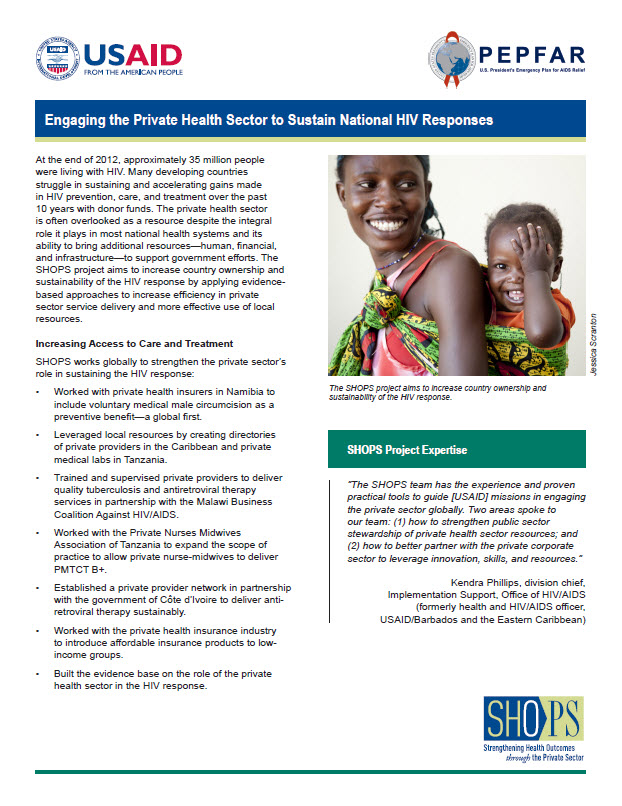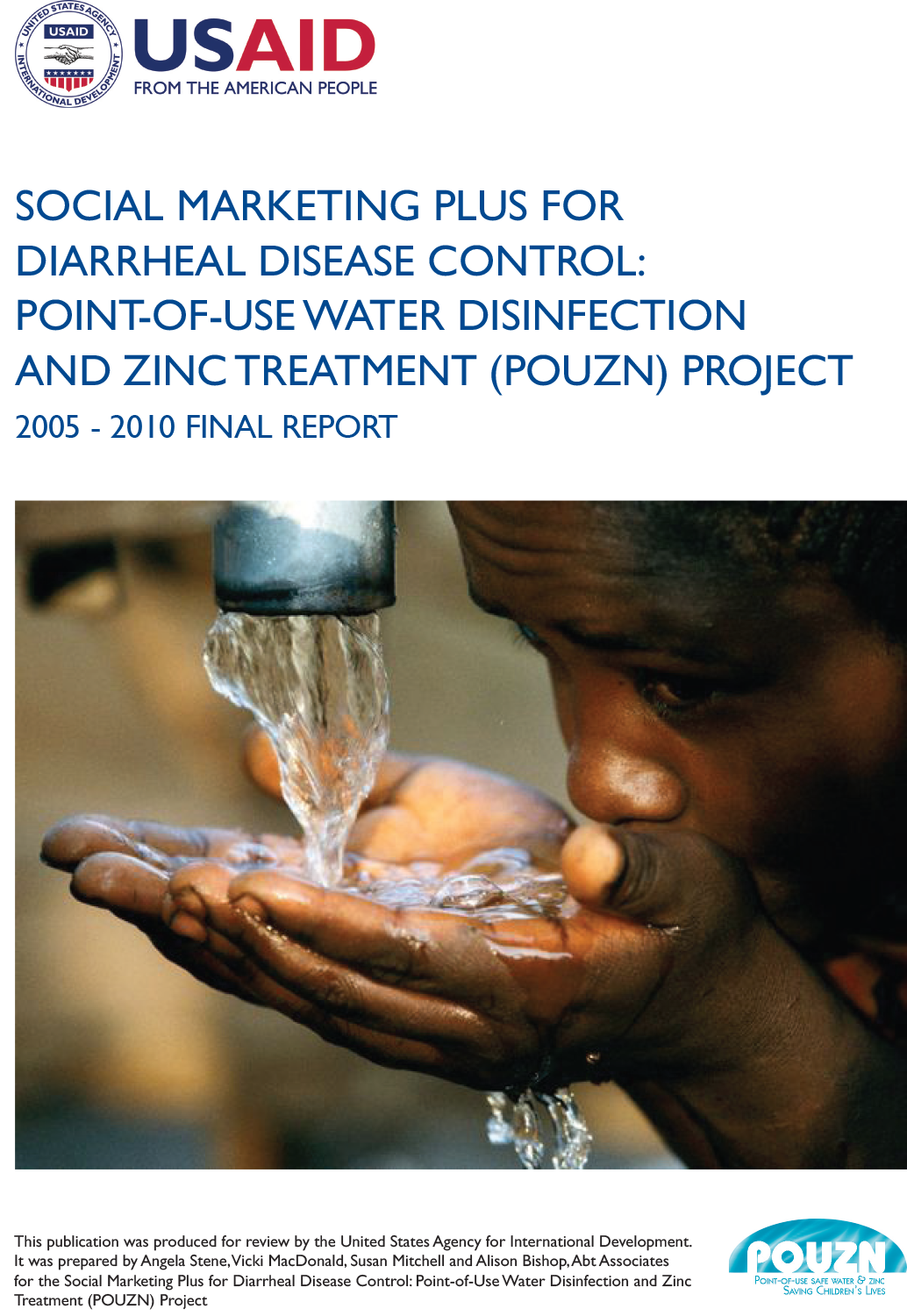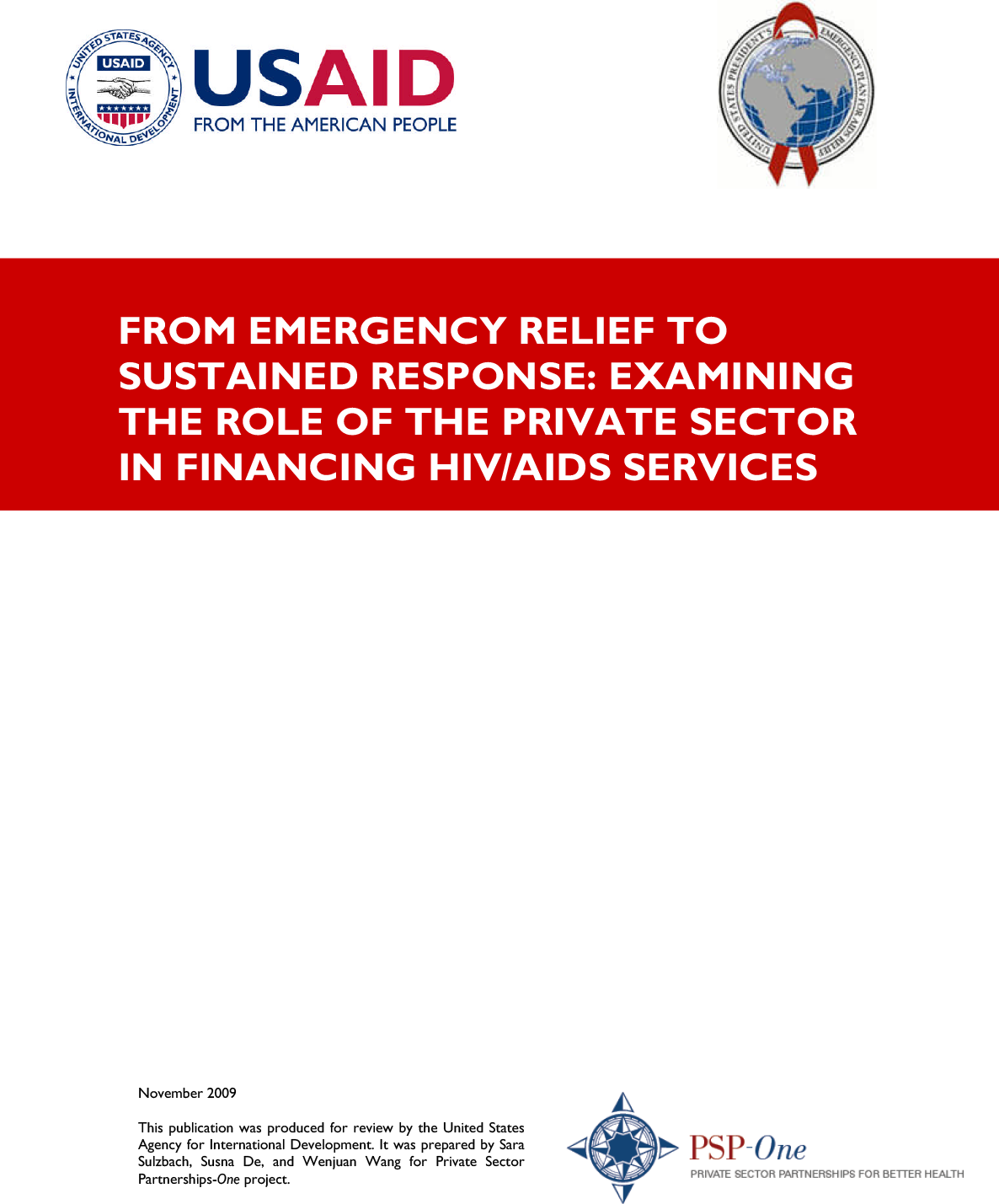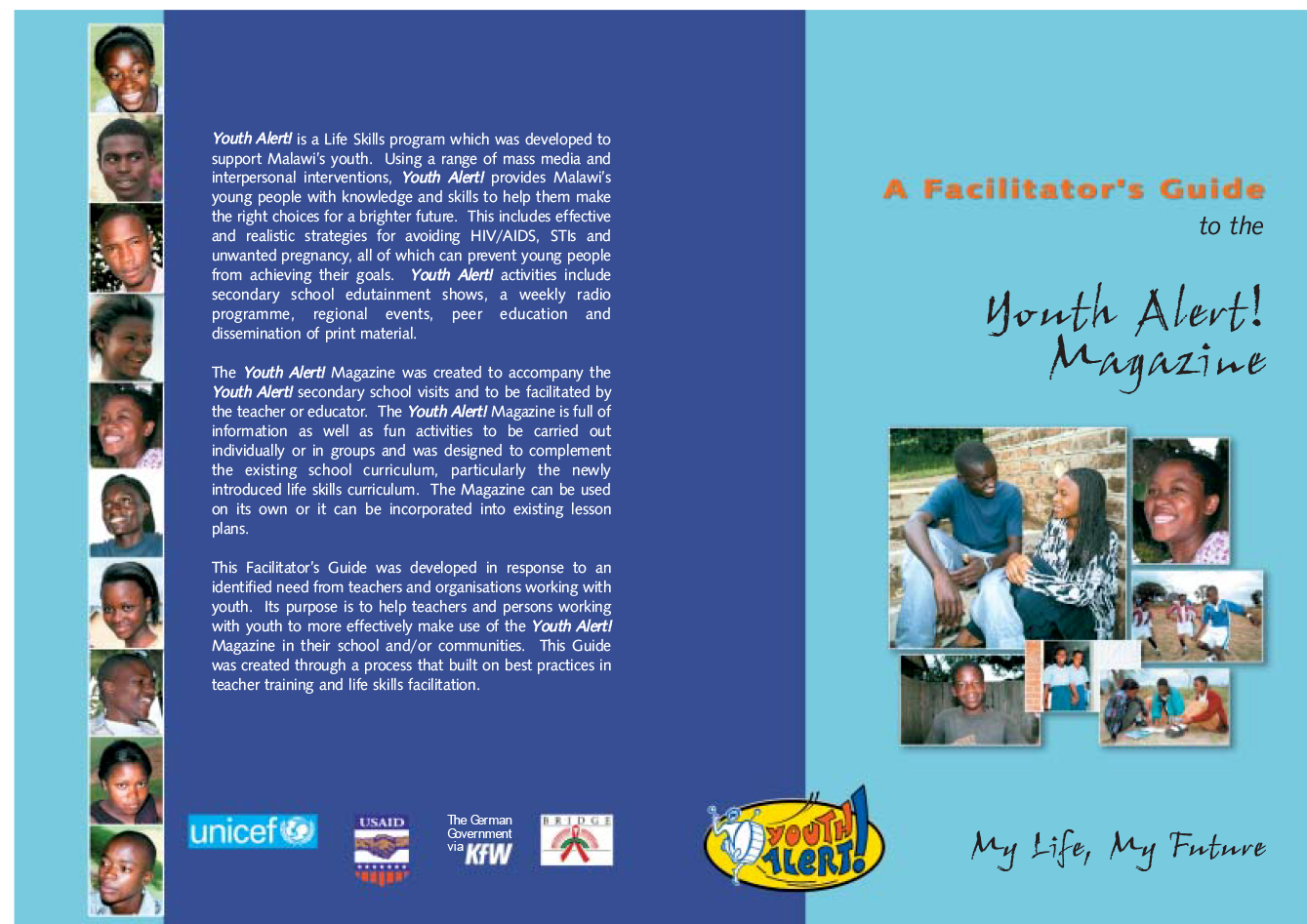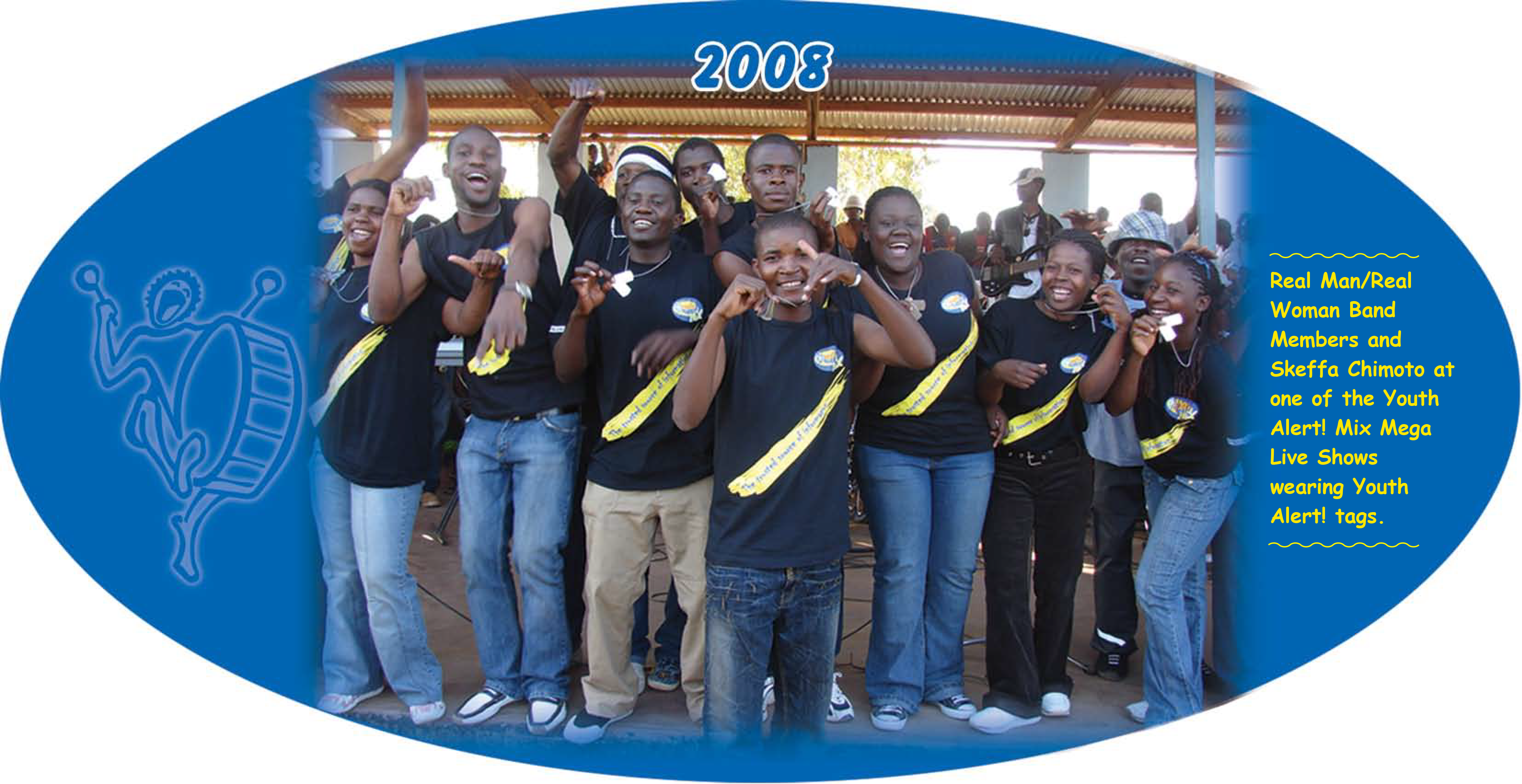
Resource Library
The Private Sector Role in HIV/AIDS in the Context of an Expanded Global Response
Global financing for the HIV response has reached unprecedented levels in recent years. Over $10 billion were mobilized in 2007, an effort credited with saving the lives of millions of people living with HIV (PLHIV). A relatively unexamined aspect of the global HIV response is the role of the private sector in financing HIV/AIDS services. As the nature of the response evolves from emergency relief to long-term sustainability, understanding current and potential contributions from the private sector is critical.
This paper examines trends in private sector financing, management and resource consumption related to HIV/AIDS in five sub-Saharan African countries, with a particular emphasis on the effects of recently scaled-up donor funding on private sector contributions. We analyzed National Health Accounts HIV/AIDS subaccount data for Kenya, Malawi, Rwanda, Tanzania and Zambia between 2002 and 2006. HIV subaccounts provide comparable data on the flow of HIV/AIDS funding from source to use.
Findings indicate that private sector contributions decreased in all countries except Tanzania. With regards to managing HIV/AIDS funds, non-governmental organizations are increasingly controlling the largest share of resources relative to other stakeholders, whereas private for-profit entities are managing fewer HIV/AIDS resources since the donor influx. The majority of HIV/AIDS funds were spent in the public sector, although a considerable amount was spent at private facilities, largely fueled by out-of-pocket (OOP) payments. On the whole, OOP spending by PLHIV decreased over the 4-year period, with the exception of Malawi, demonstrating that PLHIV have increased access to free or subsidized HIV/AIDS services. Our findings suggest that the influx of donor funding has led to decreased private contributions for HIV/AIDS. The reduction in private sector investment and engagement raises concerns about the sustainability of HIV/AIDS programs over the long term, particularly in light of current global economic crisis and emerging competing priorities.
This article was published in Health Policy and Planning 2011.
Resource Type : Brief
Country : Kenya, Malawi, Rwanda, Tanzania, Zambia
Year : 2011-10-28T00:00:00
Language : English
Project : SHOPS

Resource Library
Engaging the Private Health Sector to Sustain National HIV Responses
This one-page overview describes SHOPS technical leadership and country assistance to increase country ownership and sustainability of the HIV response by applying evidence-based approaches to increase efficiency in private sector service delivery and use local resources more effectively.
Resource Type : Brief
Country : Malawi, Namibia, Tanzania
Year : 2014-07-02T00:00:00
Language : English
Project : SHOPS

Resource Library
Social Marketing Plus for Diarrheal Disease Control: Point-of-Use Water Disinfection and Zinc Treatment (POUZN) Project
The Social Marketing Plus for Diarrheal Disease Control: Point-of-Use Water Disinfection and Zinc Treatment (POUZN) Project is a $12 million project funded by USAID that was designed to expand access to and use of point-of-use (POU) water disinfection and zinc products for the prevention and treatment of diarrhea through private sector channels. The POUZN project was implemented from October 2005 through November 2010 by Abt Associates Inc. in collaboration with Population Services International (PSI). Over the life of the project, it worked in 13 countries. A full POU program was carried out in six countries (Benin, Democratic Republic of the Congo (DRC), Haiti, Kenya, Malawi, and Rwanda), full zinc promotion programs were carried out in four countries (Benin, Madagascar, Nepal, and Pakistan), and technical assistance was provided in four additional countries (Angola, Bangladesh, Cambodia, and Senegal).
Resource Type : Report
Country : Bangladesh, Benin, Cambodia, Democratic Republic of Congo, Haiti, Kenya, Madagascar, Malawi, Nepal, Pakistan, Rwanda, Senegal
Year : 2011-06-10T00:00:00
Language : English
Project : SHOPS

Resource Library
mHealth in Malawi: Improving Access to Family Planning and Reproductive Health Information
A narrated presentation contributed by Thokozani Bema of Management Sciences for Health from the SHOPS mHealth eConference held on May 5, 2010.
Resource Type : Presentation
Country : Malawi
Year : 2010-05-05T00:00:00
Language : English
Project : SHOPS

Resource Library
From Emergency Relief to Sustained Response: Examining the Role of the Private Sector in Financing HIV/AIDS Services
This paper examines private sector contributions, as compared to donor and public sector investments, to HIV/AIDS financing in five sub–Saharan African countries: Kenya, Malawi, Rwanda, Tanzania, and Zambia. We use data not commonly associated with the private sector – National Health Accounts (NHA). NHA is a tool for comprehensively tracking resources for health care, including public, private, and donor contributions. It follows the flow of funds through a country's health care system, making it possible to answer the following questions: How much money was spent? Where do the funds come from? Who manages the money? Where and how is the money spent? While other papers have documented funding for HIV/AIDS services at the macro level, the use of NHA data allows for closer inspection of the flow of funds through the health system at the country level (Bernstein and Sessions, 2007). To our knowledge, this is the first application of NHA data to an examination of private sector contributions to financing HIV/AIDS services.
Resource Type : Report
Country : Kenya, Malawi, Rwanda, Tanzania, Zambia
Year : 2009-12-04T11:00:00
Language : English
Project : SHOPS

Resource Library
YA! Poster in English
YA Poster in English
Resource Type : Brochure/Postcard
Country : Malawi
Year : 2008-04-25T16:30:00
Language : English
Project : SHOPS

Resource Library
YA! Poster in Chehewa Language
Supplementary material presented by Andrew Miller at the PSP-One Online Social Marketing Conference
Resource Type : Brochure/Postcard
Country : Malawi
Year : 2008-04-25T16:30:00
Language :
Project : SHOPS

Resource Library
YA! Facilitators Guide Cover
YA! Facilitators Guide Cover
Resource Type : Other
Country : Malawi
Year : 2008-04-25T16:30:00
Language : English
Project : SHOPS

Resource Library
YA! Wall Calendar
Supplementary material presented by Andrew Miller at the PSP-One Online Social Marketing Conference
Resource Type : Other
Country : Malawi
Year : 2008-04-25T16:30:00
Language : English
Project : SHOPS

Resource Library
Real Woman / Real Man Award Poster by PSI/Malawi
Supplementary material presented by Andrew Miller at the PSP-One Online Social Marketing Conference
Resource Type : Other
Country : Malawi
Year : 2008-04-25T16:30:00
Language : English
Project : SHOPS
Pagination
- Previous page
- Page 5
- Next page



